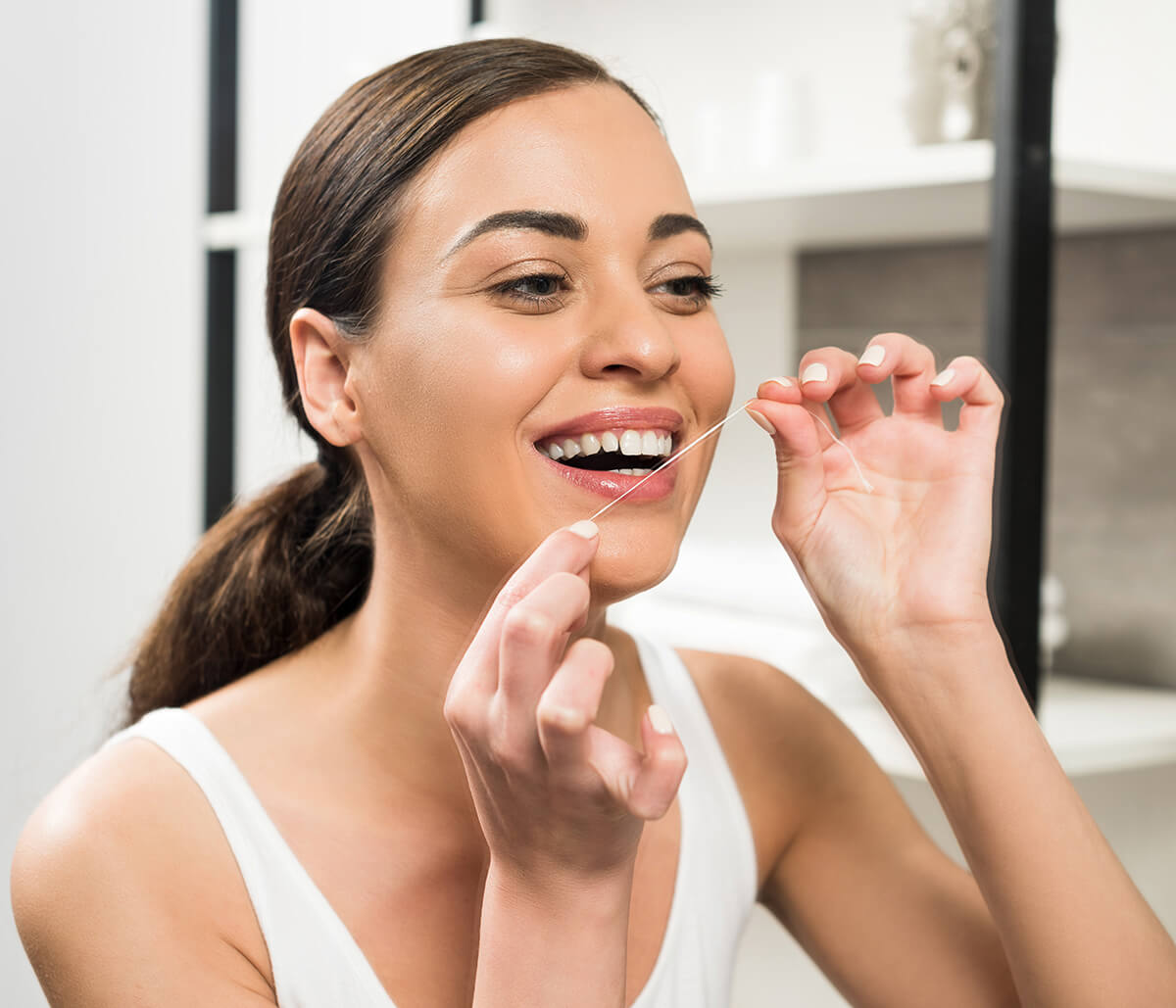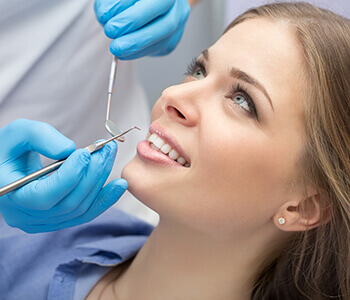

Clinic Changes to Maintain Safety of All During COVID-19 Read More About COVID-19
Oct

It does not take a lot of work, but you do have to be persistent if you want to maintain a bright, beautiful smile as you age. This can only be achieved when you take your dental health and oral hygiene seriously. At-home regimens combined with regular visits to the dentist go a long way to making great oral health a reality. Dr. Janet Stopka, DDS, would love to welcome you into her office in Burr Ridge, IL, where she can provide not only an examination and cleaning but dental hygiene tips for healthy teeth.
When we think about dental hygiene, we mostly think about brushing twice a day and flossing. Poor oral hygiene can, in extreme circumstances, lead to life-altering conditions such as heart disease. Let us look at some reasons why it is important to maintain good oral hygiene.
This is the most obvious reason we maintain good oral hygiene practices. With quality preventive care, you can maintain healthy teeth and gums. From home, you must brush twice daily with toothpaste to remove plaque (before it can harden into tartar and lead to tooth decay), floss daily to remove hard to reach places in between teeth, and then rinse with a mouthwash.
Part of a healthy dental hygiene regimen includes seeing a dentist regularly. Your dentist is not there just to detect cavities, decay, and reasons for bad breath, but also to detect any critical oral health issues and disease.
Having good oral hygiene not only prevents cavities and gum disease but can also help prevent more serious health conditions. Research has found that many systemic diseases including asthma, stroke, heart disease, and cancer, can originate from oral infections and bacteria.

The key to maintaining superior oral health is taking a preventive approach. Let us look at some specific tips that, if followed, will help you maintain excellent oral health and hygiene.
Brushing your teeth twice a day is the most important thing you can do for your oral health. Proper brushing requires you to hold the brush at a 45-degree angle and, using circular strokes, brush over each tooth. Make sure you are brushing the front and back sides of your teeth, and that you are taking enough time during each brush. Also, replace your toothbrush regularly (about every three months).
Brushing your teeth is simply not enough. There are too many areas in the mouth that are hard to reach for a toothbrush. This makes flossing critical to good oral hygiene. To floss your teeth, take a string of floss and move it up and down between each tooth. As you reach the gum line, make a c shape with the floss. As you go from tooth to tooth, use a different portion of your string of floss so that you are not using floss that already has bacteria on it.
The final step of any good oral hygiene regimen is rinsing with a mouthwash to get to places that even floss can miss. Rinsing with mouthwash will help strengthen enamel and fight cavities.
Do yourself a huge favor and make sure you are getting into the dentist twice a year for cleanings and examinations. Many oral health issues can go undetected for years if you do not receive examinations and, although we would like to think so, brushing and flossing alone is not quite enough. Regular cleanings are essential to making sure your mouth, teeth, and gums are as clean as they can be. As you age and your smile retains a white, beautiful sparkle, you will have yourself to thank (and the dentist!).
If you need an examination, cleaning, or have questions about your oral health, please give Dr. Janet Stopka, DDS, a call today at (630) 756-5844.

With over two decades of experience, Dr. Janet S. Stopka is a driven, passionate and renowned professional in the field of dentistry. Her ability to provide patient-centered care and insistence on healthy biological dentistry has created an environment of trust and comfort amongst herself and her patients.
Whilst being a patient-oriented expert, she is also a strong advocate of mercury safe dentistry and invests in the latest technological equipment to assist and reduce risk during complicated dental procedures.
She is also a progressive and keen member of the IAOMT (International Academy of Oral Medicine and Toxicology).